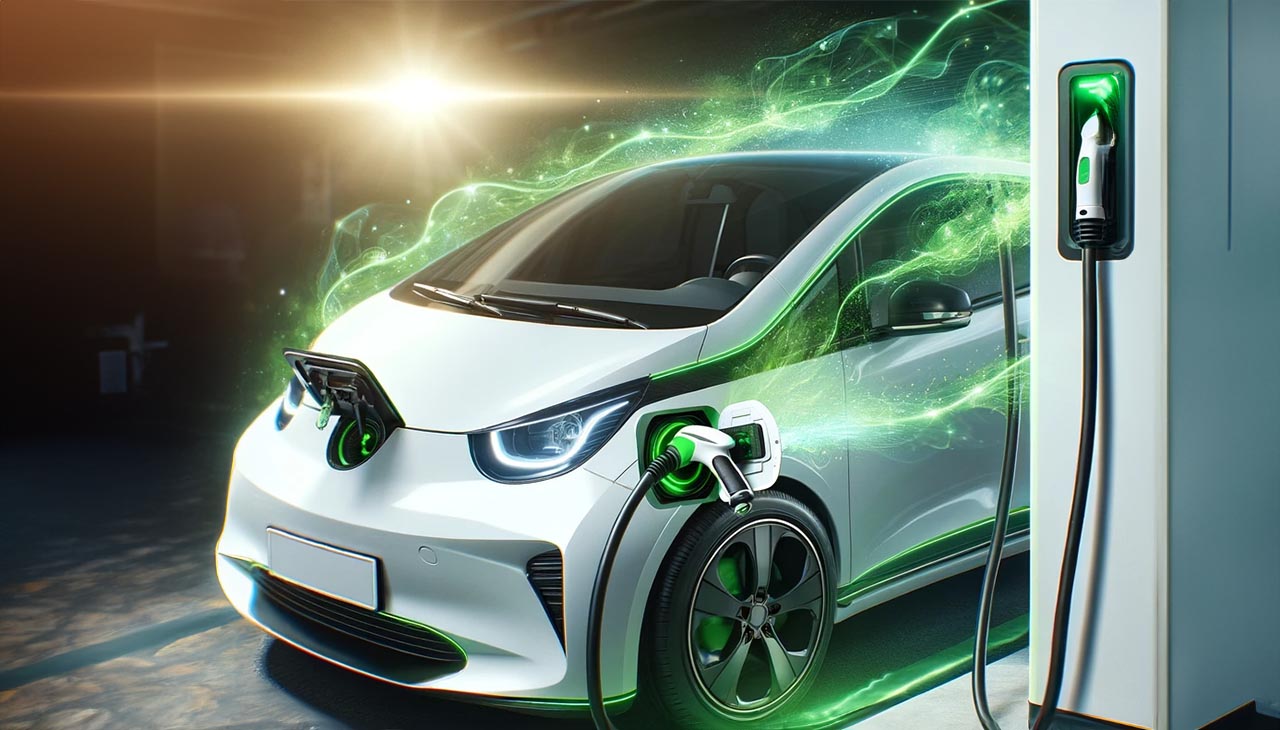
As the world moves towards sustainable transportation, electric vehicles (EVs) have surged in popularity. These eco-friendly machines promise to reduce greenhouse gas emissions and provide a cost-effective solution for daily commuting. Although many people are inclined towards buying new EVs, the used EV market is also booming, offering a more affordable gateway into this emerging technology. This guide will navigate you through key considerations when purchasing a used electric car, helping to ensure you make an informed decision that caters to your specific needs and preferences.
Battery Health and Range
Importance of Battery Health
Undeniably, the battery is the heart of an electric car, making its health a paramount consideration when purchasing a used EV. Battery health directly impacts the performance, range, and lifespan of the vehicle. Any degradation in the battery can lead to reduced driving range, frequent charging, and potentially costly replacement.
Checking the Battery’s Remaining Capacity
To assess battery health, it’s crucial to check its remaining capacity. A battery’s capacity, measured in kilowatt-hours (kWh), indicates the amount of energy it can store. Over time, this capacity can diminish, which is a normal occurrence even with proper care. A professional inspection or diagnostic test from a certified technician can provide an accurate assessment of a used EV’s battery condition.
Considering the Range Requirements for Your Daily Commute
Another crucial consideration is your daily commute range. It’s essential to ensure that the vehicle’s range, after factoring in battery degradation, aligns with your commuting needs. For instance, if your daily commute is 40 miles, and the used EV’s range is 80 miles, that gives a comfortable buffer even if the battery health decreases over time. Remember, longer journeys or those involving highways may consume more battery power, so take these factors into account when considering your range needs.
Charging Options and Infrastructure
Accessibility to Charging Stations
Access to local charging stations is a critical factor when considering a used EV. Research the availability of charging stations in your area and along any regular routes you might take. Mobile applications and websites of various charging networks can provide this information. Remember, having a network of accessible charging stations will ensure that your EV stays charged, especially during long-distance journeys.
Compatibility with Different Charging Standards
Different EV models may require different charging standards or connectors, so compatibility with these standards is another critical consideration. Some used EVs may only be compatible with specific charging stations, which could limit your flexibility when it comes to charging on the go. Make sure to research which charging standards your potential used EV uses and whether these are common in your area.
Home Charging Options and Costs
Home charging is a practical option for many EV owners, providing the convenience of charging the vehicle overnight. When considering this, you should factor in the installation cost of a home charging station and its electricity usage. Some used EVs may come with a home charger, while others may require you to purchase one separately. Additionally, the power supply in your home needs to be adequate for the charger. Consult with a professional electrician to assess this aspect. Remember, while home charging may add to your electricity bill, it can still be a cost-effective solution when compared to the cost of fuel for traditional cars.
Maintenance and Repairs
Understanding EV Maintenance Needs
An important aspect to take into account when purchasing a used EV is the maintenance needs. While EVs generally require less maintenance than their gasoline-powered counterparts due to fewer moving parts, they still require regular upkeep to ensure optimal performance. Regular maintenance typically involves checking the battery, electric motor, inverter, and other electrical systems, as well as routine tasks such as tire rotations, brake inspections, and fluid checks. It’s advisable to understand what these needs are and factor them into your ownership costs.
Availability of Qualified Technicians and Spare Parts
Another significant consideration is the availability of qualified technicians and spare parts. Ensure there are service centers or mechanics in your area who specialize in EVs and specifically, the model you intend to purchase. The availability of spare parts is equally important as certain parts might need replacement over time. Limited availability can result in longer downtime and higher costs.
Warranty and Service History
Finally, don’t forget to check the warranty and service history of the used EV. A still-active manufacturer’s warranty can provide peace of mind, as it covers certain repairs and replacements. The service history, on the other hand, can give insights into how well the vehicle has been maintained and if it experienced any significant issues in the past. A well-documented service history indicates a well-cared-for vehicle, which is a good sign for prospective buyers.
Ownership Costs and Financial Incentives
Comparing Upfront Costs of Used EVs
When evaluating used electric vehicles, it’s essential to compare the upfront costs of various models. The purchase price of a used EV can vary significantly based on factors such as the car’s make and model, its age, mileage, battery health, and overall condition. Shopping around and comparing prices from different sellers can ensure that you get the best value for your money.
Factoring in Ongoing Costs like Electricity and Insurance
Beyond the initial purchase price, ongoing costs like electricity and insurance can significantly impact the overall cost of owning a used EV. The cost of electricity for charging your EV will depend on your local utility rates and how often you need to charge. Insurance rates can also vary based on the make and model of the EV, its age, and your driving record, among other factors. It’s crucial to factor in these ongoing costs when budgeting for your used EV.
Researching Available Tax Credits and Incentives
Lastly, don’t overlook the potential financial benefits of owning an electric vehicle. Several states offer tax credits and incentives for electric vehicle owners, which can help offset the purchase price and ongoing costs. These incentives can vary by state and vehicle model, so it’s worth researching what’s available in your area. Additionally, utility companies may offer discounted rates for EV charging during non-peak hours, another potential way to save.





